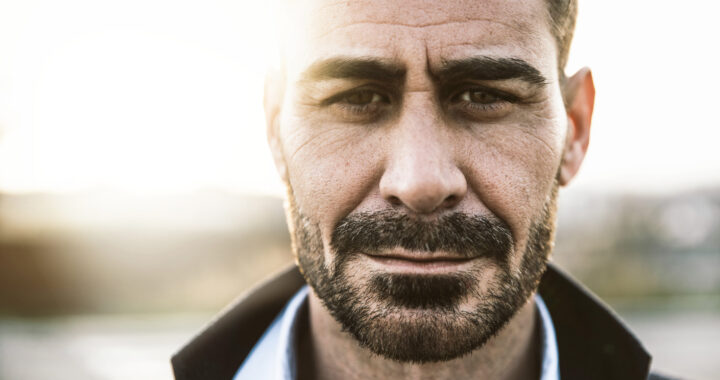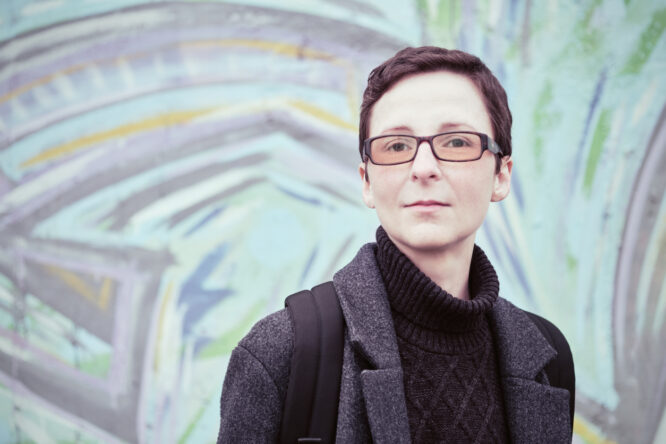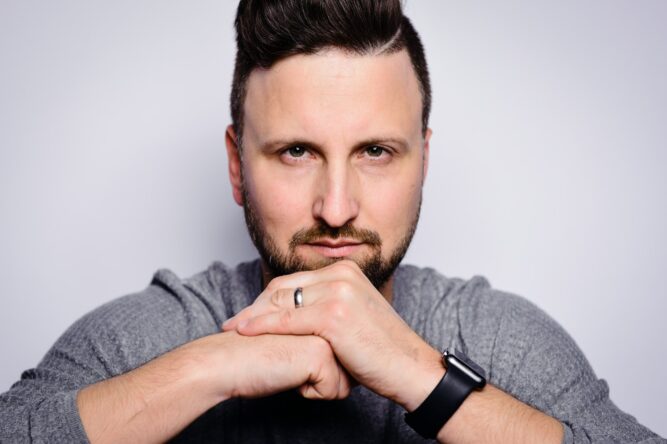Living with ADHD is more than just getting distracted easily or struggling to sit still—there’s usually a pretty high emotional load, too.

One of the toughest parts has to be the deep, lingering shame that so many people with the condition carry, often from a lifetime of feeling like they’re somehow “wrong” for being different. Maybe no one has been outright awful to them, but years of tiny cuts eventually add up. They’re only human, after all. These are some real reasons why ADHD and shame so often walk hand in hand, even when someone is doing their absolute best.
1. They were constantly told they weren’t trying hard enough.
 Source: Unsplash
Source: Unsplash From a young age, many people with ADHD hear the same frustrating feedback: “You just need to focus,” “Try harder,” “Stop being lazy.” It ignores the real struggles happening underneath, like executive dysfunction, and paints everything as a character flaw.
When you’re told over and over that your best isn’t enough, shame quietly takes root. You start believing there’s something wrong with you, even when you’re working harder than anyone can see.
2. They internalised feeling “different” early on.

Even if nobody said it out loud, a lot of kids with ADHD picked up on the fact that they weren’t like everyone else. Maybe they needed extra help, missed social cues, or got called out for behaviours they couldn’t fully control. Feeling “othered” from an early age plants seeds of shame that can be hard to shake later. Being different shouldn’t be a bad thing, but when it’s treated like a flaw, it hurts in ways that last.
3. They struggled in school despite putting in effort.

For a lot of kids (and later adults) with ADHD, school felt like a battlefield they could never win. No matter how smart they were, homework got lost, tests were overwhelming, and deadlines felt impossible to meet. Watching peers breeze through while you’re drowning—and getting judged for it—teaches you to associate your struggles with failure, not circumstance. That shame doesn’t just vanish after graduation, either.
4. They experienced constant micro-corrections.

It’s not always big, obvious criticisms that get to you in life; it’s the constant little corrections that add up. “Pay attention.” “Sit still.” “Why can’t you remember?” It eats away at your self-esteem one tiny comment at a time. After a while, even neutral feedback can start feeling loaded. When you’re used to being corrected daily, you start anticipating disapproval everywhere you go, and carrying silent shame even before anyone says anything.
5. They faced social rejection or awkwardness.

ADHD doesn’t just affect schoolwork; it can impact friendships too. Interrupting, missing subtle social cues, or coming across as “too much” can lead to feeling left out or misunderstood. Those early moments of social awkwardness often leave scars. Feeling like you don’t fit in, no matter how badly you want to, teaches you to believe you’re somehow less lovable, even when that’s absolutely not true.
6. They were blamed for being “messy” or “irresponsible.”

Messy rooms, forgotten appointments, missed deadlines—they’re classic ADHD struggles, but they’re often judged harshly by other people as laziness or irresponsibility. When people tie your worth to how neat or organised you are, it’s easy to internalise that failure. Over time, shame builds from feeling like you’re never quite living up to basic expectations, even when you’re trying your hardest.
7. They absorbed the belief that emotions are “too much.”

ADHD often comes with big emotions—excitement, frustration, sadness—and growing up, those big reactions might have been met with embarrassment, punishment, or minimisation. Being told (directly or indirectly) that your emotions are “too much” teaches you to suppress or doubt your feelings, layering shame over your natural emotional responses instead of learning how to navigate them healthily.
8. They were punished instead of supported.

Instead of being offered strategies, tools, or understanding, many kids with ADHD were simply punished when they couldn’t meet expectations. Detentions, groundings, public callouts—all treating symptoms like bad behaviour instead of unmet needs.
That pattern teaches you early that struggling means you deserve shame or punishment, not help. When that belief sticks, it follows you into adulthood, even when no one’s punishing you anymore. You end up doing it to yourself.
9. They developed people-pleasing habits to compensate.

To try to “make up” for feeling like a burden or disappointment, many people with ADHD become chronic people-pleasers. They overextend, over-apologise, and put everyone else’s needs above their own to avoid more rejection or criticism. Of course, living this way—always on edge, always afraid of messing up—quietly reinforces the idea that their true selves aren’t good enough. It’s a survival strategy rooted in deeply internalised shame.
10. They mask their struggles so well that nobody sees them.

Masking—hiding symptoms, forcing themselves to act “normal”—can help neurodivergent people fit in, but it comes at a huge cost. It’s exhausting, and it feeds the shame cycle because success often feels fake. When nobody sees the full effort it takes to “keep up,” the internal narrative becomes, “If they knew the real me, they’d think less of me.” That’s a heavy burden to carry day after day.
11. They judge themselves against neurotypical standards.

Living in a world built for neurotypical brains means constantly feeling like you’re falling short. Productivity standards, relationship expectations, and career paths just aren’t designed with ADHD realities in mind. When you compare yourself against a system you weren’t built for, of course you end up feeling behind or broken. It’s not a personal failure; it’s a mismatch. However, the shame can feel overwhelming anyway.
12. They’re scared of being too much and not enough at the same time.

One of the hardest parts of ADHD shame is feeling like you’re simultaneously “too much” for some people and “not enough” for other people. Too energetic, too emotional, too scattered—yet also too slow, too forgetful, too inconsistent. Living in that double-bind creates a deep exhaustion. You feel like no matter how you show up, you’re disappointing someone, and eventually, you start believing you’re disappointing by default.
13. They carry years of misunderstood intentions.

At the end of the day, most people with ADHD are trying so hard to be kind, responsible, reliable. However, when your struggles are misread as laziness, selfishness, or carelessness for years, it warps how you see yourself.
That gap between your intentions and how you’re perceived is brutal. Even when you know your heart, the shame of being misunderstood, over and over again, runs deep and can be hard to heal without intentional work and a lot of self-compassion.




